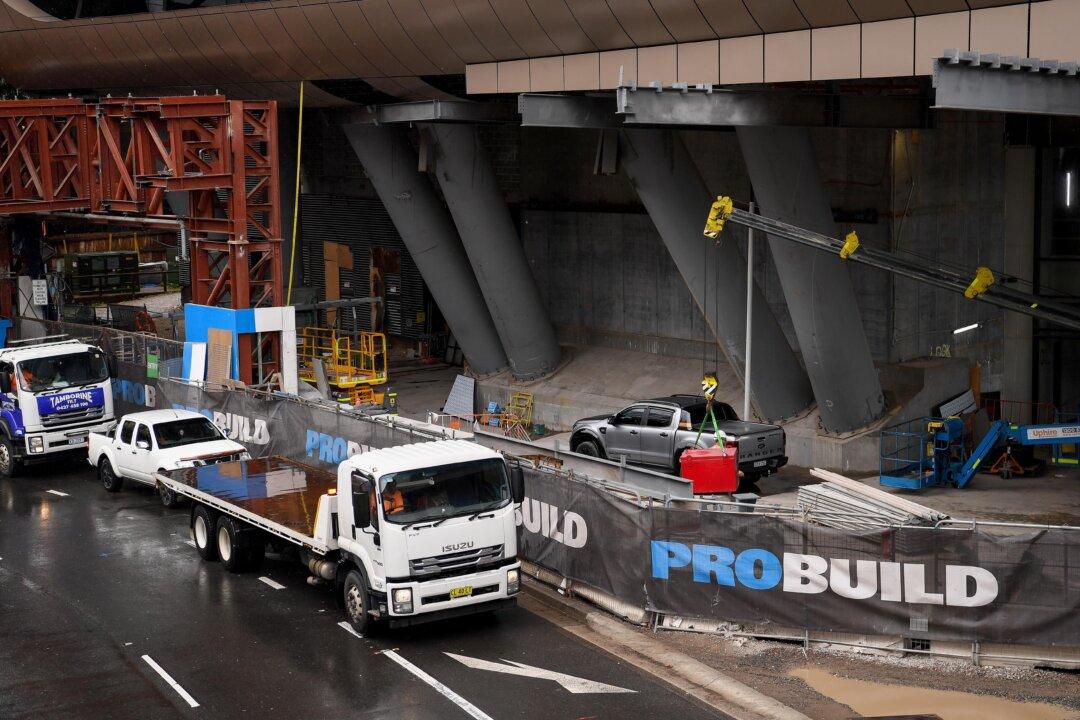Australian construction giant Probuild has collapsed and been placed in administration, leaving around $5 billion (US$3.6 billion) in building projects in limbo.
Probuild confirmed on Thursday that its South African parent company, Wilson Bayly Holmes-Ovcon (WBHO) Ltd, had abruptly ended all cash and securitisation support in Australia.





